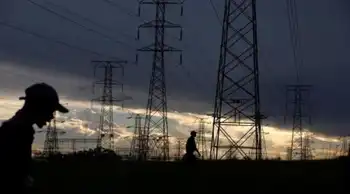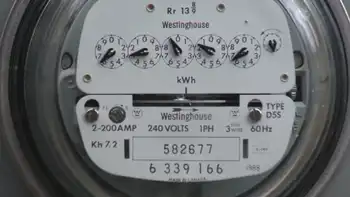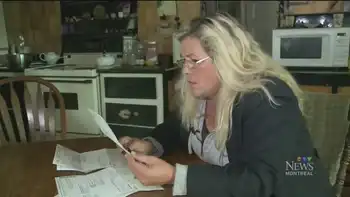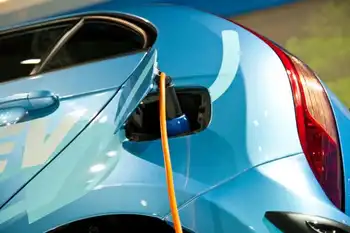Utility-first climate bill in Congress
They site fears that a broader bill forcing manufacturers and the transportation sector to pay for emitting carbon dioxide and other greenhouse gases while the country struggles to emerge from recession would be too difficult this year.
"The reality is that comprehensive economy-wide cap and trade is not going to be passed by the Senate," Environmental Defense Fund President Fred Krupp told reporters.
"We are for the broadest possible cap that we can get," which means a bill that limits emissions at utilities first before moving to manufacturers later, he said.
EDF is lobbying Senators Jeff Bingaman, chairman of the Senate Energy Committee, and Olympia Snowe, a Republican, to put forward a utility-only bill. The senators have talked about the idea for months.
"Staff for both senators have had ongoing discussions about the design of a utility-sector cap and trade program, but no decisions have been made on how to proceed," said Bingaman spokesman Bill Wicker.
Senator John Kerry, a Democrat who co-wrote a climate bill unveiled in May, said a utility-only bill was one of the ideas being discussed on how to move forward with a bill that would put a price on greenhouse gas emissions.
He was speaking after a meeting hosted by President Barack Obama and more than 20 other senators on the energy bill.
The idea is supported by many companies in the utility business, which emits 40 percent of U.S. greenhouse gas pollution, as long as caps are put on the rest of the economy a few years later.
"We're willing to start early," Jim Rogers, the chief executive of Duke Energy said in an interview, "but we want it tied to an economy-wide because what good purpose is it if it ignores the other 60 percent?"
Rogers said a utility-first bill would have to include a provision to halt or reduce the program if in three or four years caps on manufacturers did not materialize.
Many utilities see carbon limits as inevitable and want the laws to be written so they can invest billions of dollars now on hold into low-carbon energy sources like solar, wind and nuclear power.
Environmentalists said the BP Plc oil spill in the Gulf of Mexico, the country's worst ever, could provide an opportunity to get an energy bill done.
A utility-only bill could be paired with measures to tighten safety and oversight on offshore drilling in a way that would make it hard for many lawmakers to vote against it.
One international energy official welcomed the idea of an utility-only bill, saying it could be a way of beginning to break a deadlock on global efforts to reduce greenhouse gases.
"To start with the electricity sector makes sense," Nobuo Tanaka, the head of the International Energy Agency, told reporters. "It is a very good way to start, much better than nothing."
Still, as congressional elections loom in November, time is running short for debate on any complicated bill, especially one that could ultimately raise the cost of energy and household goods. Some Republicans insist even a utility-only measure is a "national energy tax."
EDF's Krupp praised Obama for hard work on climate, including appearing at international talks last year and directing billions of dollars from the stimulus package to clean energy investments.
But he said legislation will only pass if Obama pushes senators a little harder.
"If he doesn't do that, without his leadership then everything he has done so far will lead to nothing."
Related News

Nigeria's Electricity Crisis
NIGERIA - In Nigeria, millions of residents face persistent challenges with access to reliable electricity, a crisis that has profound implications for businesses, public services, and overall socio-economic development. This article explores the root causes of Nigeria's electricity deficit, its impact on various sectors, and potential solutions to alleviate this pressing issue.
Challenges with Electricity Access
The issue of inadequate electricity access in Nigeria is multifaceted. The country's electricity generation capacity falls short of demand due to aging infrastructure, inadequate maintenance, and insufficient investment in power generation and distribution. As a result, many Nigerians, particularly in rural and underserved urban…





